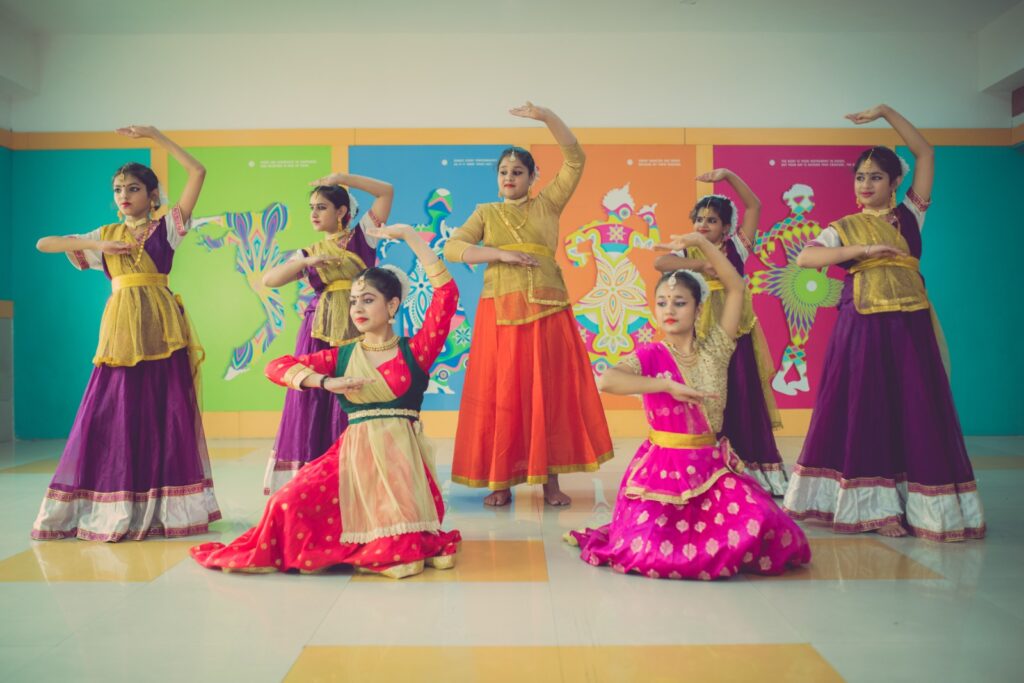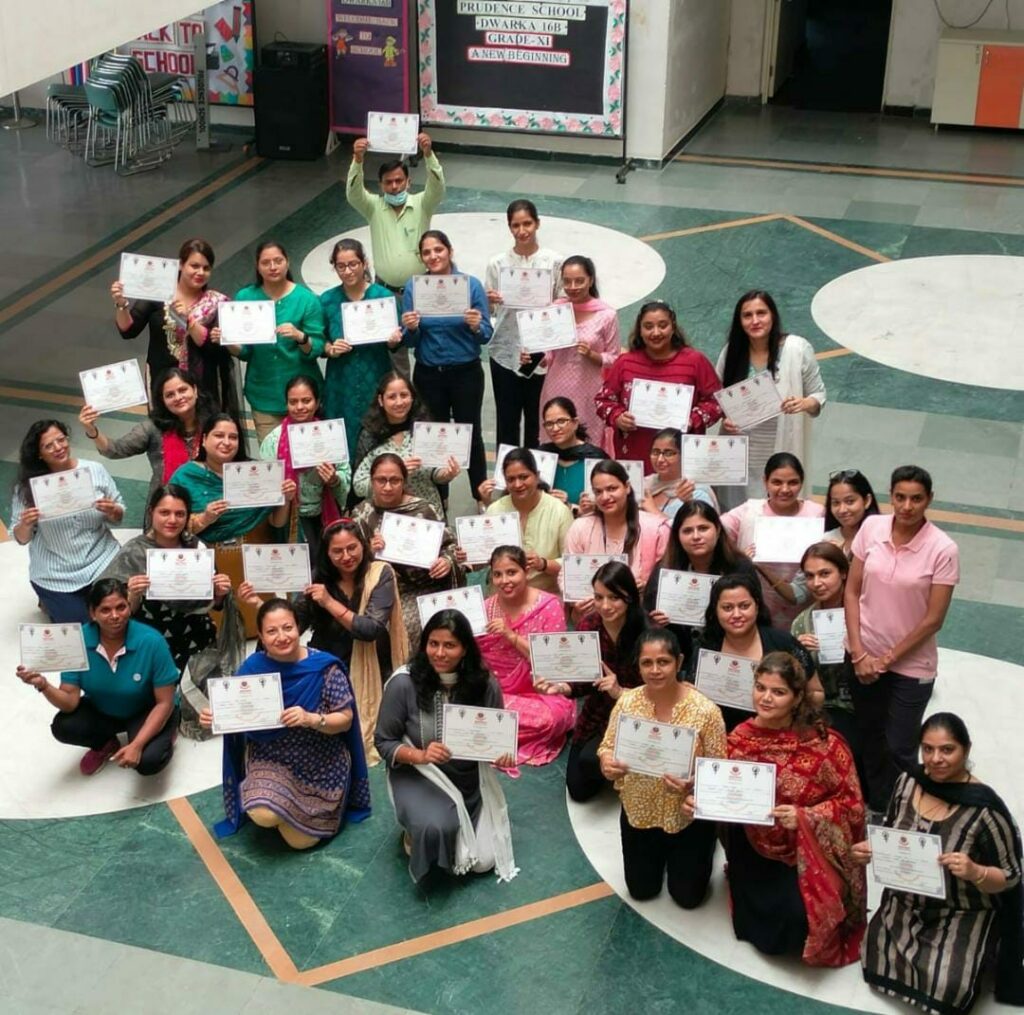Dr A.P.J. Abdul Kalam once said, “Educationists should build the capacities of the spirit of inquiry, creativity, entrepreneurial and moral leadership among students and become their role model.”
Swami Vivekananda said, “We want that education by which character is formed, the strength of mind increased, the intellect is expanded and by which one can stand on one’s feet.” Swamiji emphasized the development of an integrated personality.
Prudence Schools in consonance with the NEP 2020
Following, the thoughts of many such great visionary leaders the National Education Policy (NEP) developed in 2020, is a holistic step toward enriching our young growing children to be well-rounded and well-balanced individuals. And in consonance with the NEP 2020, Prudence Schools is making education holistic and wholesome by making the learning process experiential, integrated, inquiry-driven, learner-oriented, flexible, and enjoyable.
Education here is Well-Rounded, Useful, and Fulfilling to the Learners
The curriculum in Prudence Schools includes basic arts, crafts, humanities, games, sports and fitness, languages, literature, culture, and values, in addition to science and mathematics, and its sincere endeavour is to develop all aspects and capabilities of learners; and make education more well-rounded, useful, and fulfilling to the learner.

Progressive Thoughts has been implemented by Prudence Schools in full. It is reflected not just in the school’s vision, mission, and key policy declarations, but also in the school’s very soul, with each team member trying to uphold this as the school’s guiding concept.
Conceptual Learning
This is one of the key pillars of the Prudence curriculum. It is one of the core principles of bringing change in the overall learning process. The general tendency is to memorise material for tests and then promptly forget the jumbled thoughts afterwards. Prudence aims to stop this by focusing on improved conceptual understanding rather than cramming.
Early Childhood Programmes
The most notable decision, applauded by many, is NEP’s focus on preschool education for children ages 3 to 5. Prudence has long recognised the need for this and so is well-equipped with early childhood programmes that deliver high-quality instruction.Prudence has a strong base of ECCE -Early Childhood Care and Education, from the age of three. Its core principle is to promote children’s physical, motor, cognitive, socio-emotional-ethical, and cultural development.
Transforming the Education System

Modern schools and educators have realized the age-long fault in the Indian education system, and many schools are gradually taking corrective steps to address it. Prudence, best chain of schools in dwarka is one such group that is transforming the education system by replacing many obsolete learning practices.
Recognizing, identifying and promoting the unique capabilities of each student
At Prudence, we understand every child is unique, and the inclination of each child varies, whether it be their aptitude, interests, or learning styles. Teachers and parents are made aware of children’s talents and encouraged to respect them. Students feel more confident and hence there is greater potential for progress.
Flexibility- equal and undivided attention to all the different choices

One of the guiding ideas of Prudence in the Senior Secondary Grades is the freedom for students to select the subject options that best suit their interests. No emphasis on only one stream of study. Focus is more on the sincere endeavours that need to be made, whichever stream is chosen by the students. Prudence gives proper guidance and counselling for equal and undivided attention to all the different choices made by our students.
Prudence promotes Life skills, Innovativeness, Creativity and Critical thinking

A close observation of the Prudence principles will help one understand that they all go hand in hand with the principles of NEP 2020. Fostering the unique capabilities of students is encouraging independent thinking and innovation. Communication, resilience, problem-solving, perseverance, etc. are some important life skills which are incorporated into everyday learning practices.
Human and Constitutional Values as well as ethics

Values like empathy, respect for others, cleanliness, civility, the democratic spirit, the spirit of service, respect for public property, scientific temper, liberty, responsibility, pluralism, equality, and justice are some of the key concepts that the school endeavours to develop in young children through regular practice in their everyday learning.
Extensive use of Technology

With the rapid development of technology, there are a lot more possibilities for better teaching and learning. Prudence promotes the use of technology since it can help transcend various barriers and make learning better and more efficient.
Pride in Being Indian

Prudence Schools is in sync with the vision of the revised policy as it inculcates among the learners a deep-rooted pride in being Indian, not only in thought but also in intellect, spirit, and deeds.
Prudence lays greater focus on Teacher Empowerment

Given that teachers are the heart of the learning process, the focus is on empowering educators to offer students competency-based learning. There are various continuous Professional Development programmes. School principals and teachers are regularly attending online platforms and sharing ideas and best practices. Students at Prudence are taught by passionate, motivated, highly qualified, professionally trained and well-equipped teachers.
A Perfect Blend

Without a doubt, the curriculum, co-curricular activities, and extracurricular activities at Prudence Schools are perfectly balanced. Nevertheless, everyone has a responsibility to follow the New Education Policy with all sincerity because we all sincerely want to treat our children with respect and provide for their future, which will ultimately alter the course of India’s future.
